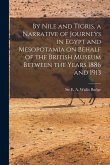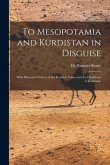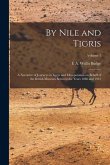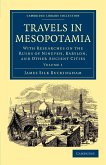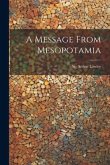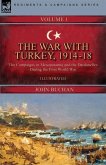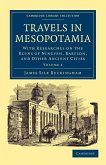This highly opinionated book, written by a British officer in occupied Iraq, first appeared in 1923. Thomas Lyell was completely convinced of the necessity of the British presence in Iraq, and felt his book would help to enlighten Westerns as to the "true" nature of Iraqi life, complicated as it was by the various religious and political factions that existed within the country. Bigoted and prejudiced, though intensely pragmatic, this book is a truly startling expose of the attitude taken by British officers towards the indigenous peoples of the Gulf region, over whose day-to-day lives they were given charge. Against a background of the British invasion of the First World War and the subsequent civil war, Lyell presents a portrait of life as he saw it. He explodes in detail the influence of religion on Arab life, both in its domination of everyday affairs and in the antipathy between orthodox Sunnis and unorthodox Shias, believing an appreciation of this to be crucial to any understanding of the area. Although his experiences as a criminal judge may have coloured his views towards the Arabs (whom he considered lawless and unfit for self-government), he is equally castigating of British, Jewish and Kurdish peoples in the region (bemoaning British folly in placing a Sunni of the throne of largely Shia Iraq, and referring to the Kurds as "untrained savages"). Commenting, in the final section of the book, on the possible future of Iraq, Lyell has grim warnings. He foresaw the influence of the Red Army in the area, the threat of a Kurdish revolution and, in the event of the British pulling out and leaving the Iraqis to govern themselves, a bleak future for the minority elements in the country: "... no conceivable guarantees in the world ensure their safety ... All modern civilization and progress would be wiped out."
Hinweis: Dieser Artikel kann nur an eine deutsche Lieferadresse ausgeliefert werden.
Hinweis: Dieser Artikel kann nur an eine deutsche Lieferadresse ausgeliefert werden.


